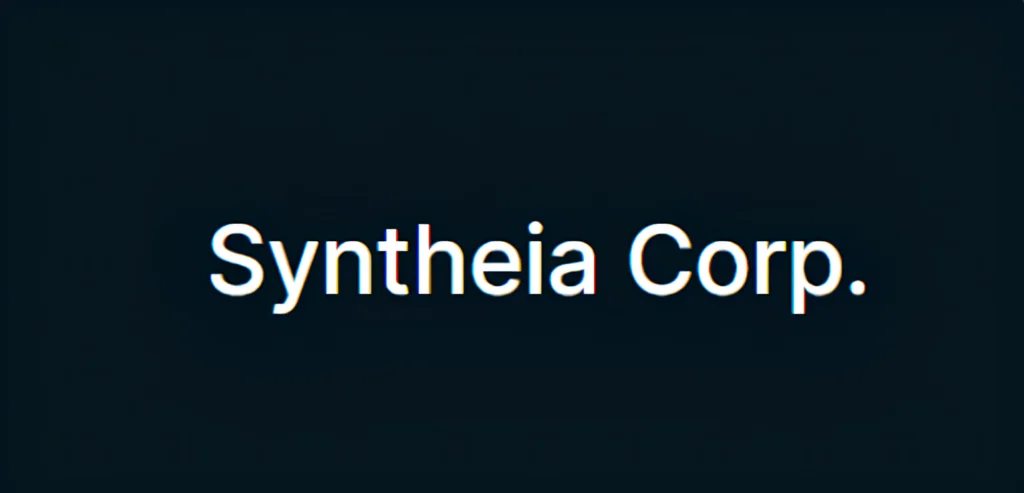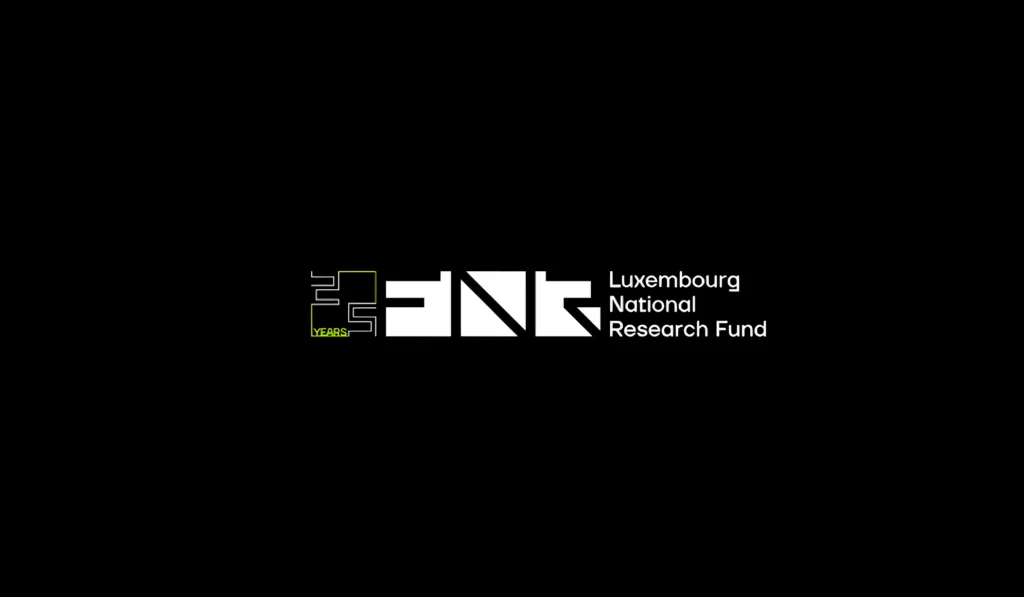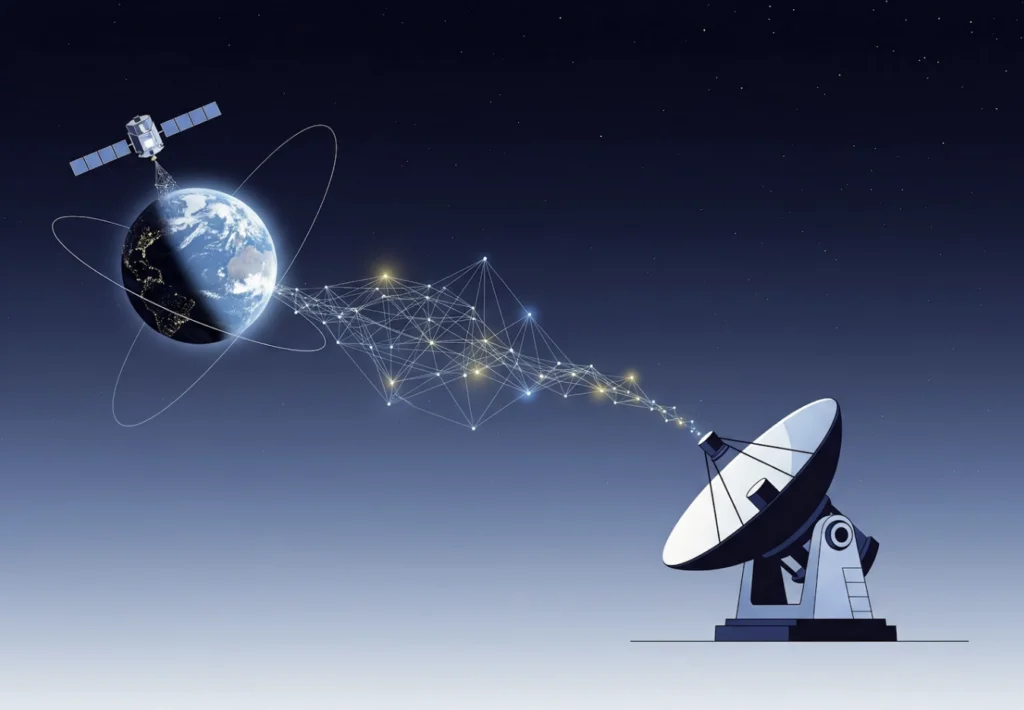Insider Brief
- Qunova Computing report the team achieved chemical accuracy (below 1.6 millihartrees) on three different NISQ-era quantum computers.
- During Quantum Korea 2024, Qunova showcased live demonstrations of its algorithm using a 20-qubit IQM machine, consistently achieving chemical accuracy over three days, with successful energy estimations for lithium sulfide, a result confirmed on various quantum platforms, including IBM’s Eagle processor and AQT’s ion-based system.
- Qunova’s hardware-agnostic “HiVQE” solution reduced computational resource requirements by over 1,000 times compared to traditional VQEs, indicating the potential to achieve quantum advantage for chemical computations on quantum machines with as few as 40-60 qubits.
PRESS RELEASE — – Qunova Computing, a developer of quantum software applications designed to bring quantum computing to the chemical, pharmaceutical and industrial engineering industries, today announces the results from a series of recent tests performed on three different NISQ era quantum computers, each with a different qubit count. In each demonstration, Qunova’s algorithm was able to produce results with accuracy below the threshold of 1.6 millihartrees required for real-world quantum chemistry applications, a level known as ‘chemical accuracy’. This marks the first time this has been achieved on a commercially available device.
“This is a very exciting result for our team, and indeed for the quantum computing community more broadly” said June-Koo Kevin Rhee, CEO and Founder of Qunova Computing. “These results show that we are able to meet the requirements of industrial users on existing NISQ machines. We anticipate that running a similar demonstration on a NISQ machine with as few as 40-qubits could provide industrial users with a real quantum advantage. To that end, our team will spend the coming months preparing experiments to confirm if this theory is correct.”
During the Quantum Korea 2024 event in June, Qunova demonstrated chemical accuracy using a 20 qubit IQM machine. This demonstration was performed successfully 3 days in a row, to produce energy estimations of three different geometries of lithium sulfide (Li2S) for an hour each day, live at the event. Previous to that, in a 24-qubit experiment using an IBM Quantum Eagle processor, Qunova also demonstrated its algorithm can reach a computational accuracy of 0.1 millihartrees in modeling the ground state energy of lithium sulfide, which is well beyond what is required for chemical accuracy. The company has also recently achieved comparable results using the IBEX Q1 quantum computer, an ion-based machine from AQT which supports up to 20 qubits.

These results indicate that the quantum algorithm Qunova has developed is hardware-agnostic. These tests were conducted on a range of different molecules including lithium sulfide, hydrogen sulfide, water and methane.
“The results Qunova has demonstrated mark a significant milestone for end-users aiming to use quantum hardware for applications in the field of chemistry. IQM is pleased to have supplied the hardware on which this demonstration was run repeatedly, over multiple days, during this summer’s Quantum Korea event. Our commercial quantum system ran reliably and, together with Qunova’s advanced algorithm, demonstrated that we are now entering the era when quantum computing can deliver real value for users in the form of new business applications,” said Dr. Peter Eder, Head of Strategic Partnerships at IQM Quantum Computers.
“At AQT, our aim is to solve challenges beyond classical computing capabilities, pushing boundaries to address business needs. Providing quantum hardware on which Qunova was able to achieve chemical accuracy is an excellent example of the kind of value we aim to deliver with our partners. The results from this experiment, using our 20-qubit trapped-ion system, show that Qunova’s solution is truly hardware agnostic, which is an impressive achievement. Through our cloud solution, ARNICA, we remain committed to accelerating quantum discovery and making this transformative technology readily available,” added Dr. Thomas Monz, CEO at AQT.
Unlike simulations done on classical computers using traditional Variational Quantum Eigensolvers (VQEs), which are not scalable, the Qunova solution functions on all types of quantum computers and provides computational accuracy sufficient to carry out advanced computations for chemistry. Meanwhile VQEs run on quantum systems have thus far failed to achieve chemical accuracy. Qunova has achieved this using its new kind of simplified VQE, dubbed “HiVQE” or “Handover Iteration VQE”.
The results show that using this HiVQE solution reduces the computational resources required to compute these problems by 1,000 times or more, when compared with traditional VQEs. Qunova therefore estimates that its algorithm has the potential to deliver a quantum advantage for chemical computations, over classical computers, using a NISQ machine with as few as 40-60 qubits.
The key to this breakthrough was to develop a computational method without carrying over errors in the quantum computing procedure. “Pauli word measurements” were therefore removed from the traditional VQE algorithm to simplify problems and harvest only essential data related to the orbitals of each molecule. Then, those outcomes were fed into classical machines to calculate the result with the lowest energy very quickly, which allows chemical accuracy to be achieved. This also enabled the computations to run 1,000x more efficiently.















